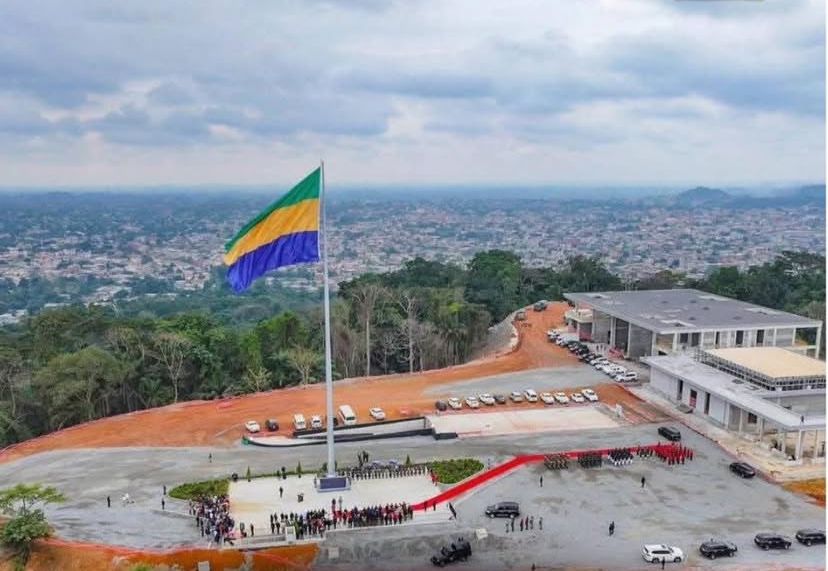Gabon voted on Saturday in its first parliamentary and local elections since the 2023 military coup that ended more than five decades of dynastic rule under the Bongo family. The polls mark a significant step in the oil-rich central African nation’s attempt to return to constitutional democracy and political stability.
More than 900,000 eligible voters turned out across the country to elect 145 members of the National Assembly and local councilors who will indirectly choose senators, mayors, and regional leaders. Two parliamentary seats are reserved for Gabonese citizens living abroad.
General Brice Clotaire Oligui Nguema, who ousted former president Ali Bongo Ondimba last year, has positioned himself as the central figure in Gabon’s new political era. He secured the presidency in April after controversial electoral reforms allowed military personnel to contest civilian elections.
Saturday’s voting was largely peaceful, with only one constituency in Ntoum, a Libreville suburb, experiencing disruptions that forced the cancellation of balloting. Despite an early morning downpour in the capital, turnout was steady, with voters lining up outside polling stations from 8 a.m. Observers were allowed to monitor the process, and results are expected to start trickling in from Sunday.
The main contest is between the long-dominant Gabonese Democratic Party (PDG), which ruled uninterrupted since 1968 until the coup, and the newly formed Democratic Union of Builders (UDB), established just three months ago by Oligui Nguema. Smaller, underfunded parties are also vying for seats. A second round of voting is scheduled for October 11 in constituencies where no candidate secures an outright majority.
Beyond politics, Gabon faces steep socio-economic challenges. Unemployment, particularly among youth and graduates, remains high, while infrastructure gaps—ranging from poor roads to insufficient access to clean water—hinder development. Oligui Nguema has pledged to diversify the economy beyond oil, reform education, and address joblessness.
Gabon continues to host a French military presence, even as other African states have expelled foreign troops. However, France has scaled down its operations, with its Libreville base now shared with Gabonese forces.
For many Gabonese citizens, these elections are more than a political exercise—they are a test of whether the nation can break from its past and chart a new democratic path.

